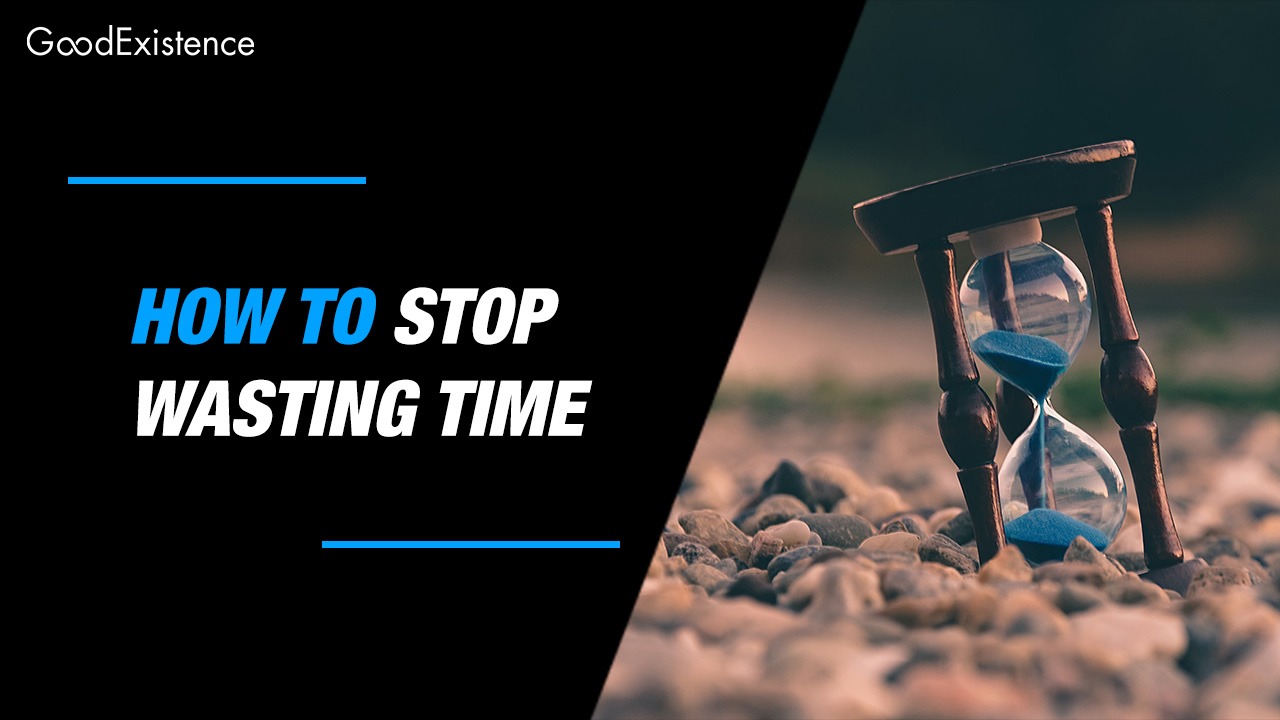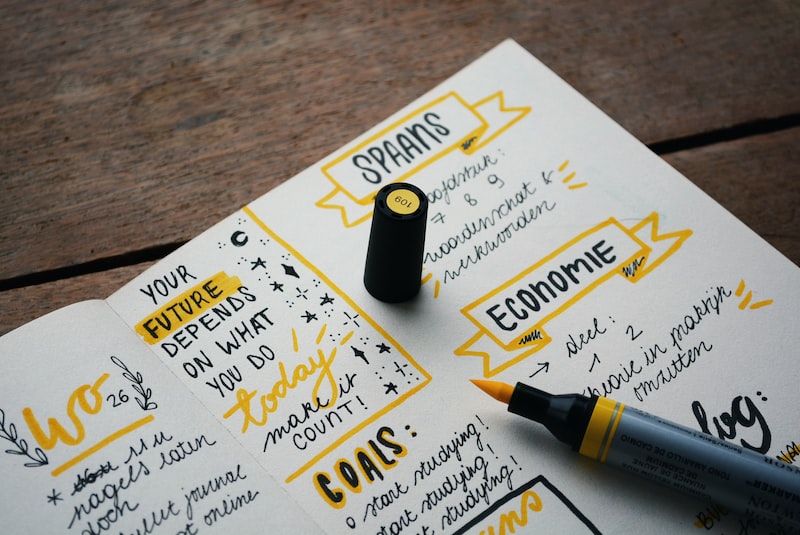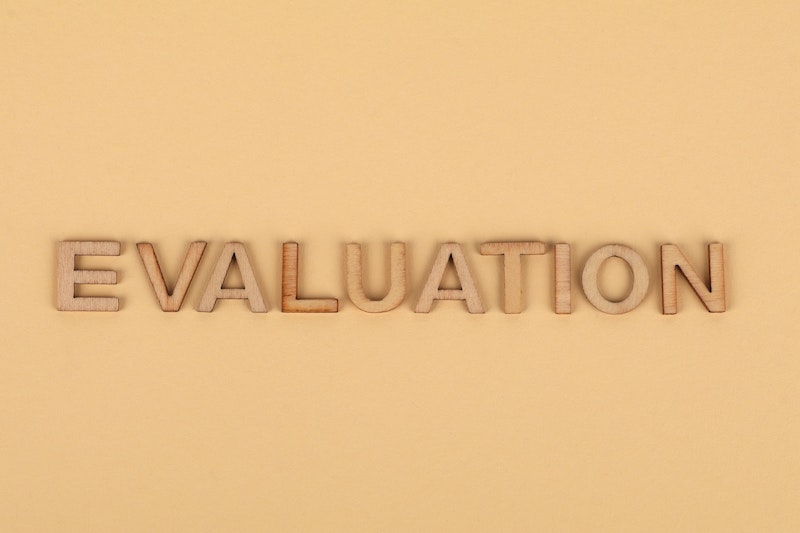Learn how to stop wasting time and take control of your schedule with these 12 practical tips in order to make the most of your time.

Time is one of the most precious resources we have. It’s something that we cannot buy, earn or get back once it’s gone. The way we spend our time determines the quality of our life.
Unfortunately, many of us waste our time on unproductive activities, distractions, and procrastination. But the good news is that there are ways to stop wasting time and make the most out of every moment.
In this article, we will discuss 12 real ways to stop wasting time and start living a more productive life.
Wasting time is a common problem that affects people from all walks of life. From scrolling social media to binge-watching TV shows, there are countless distractions that can eat up our time.
This can lead to missed deadlines, incomplete tasks, and a general feeling of unproductivity. Moreover, wasting time can also negatively impact mental health and increase stress levels.
1. Set goals and priorities

Setting clear goals and priorities is an essential step towards stopping time wastage. When you have a clear idea of what you want to achieve, it’s easier to stay focused and avoid distractions.
Start by identifying your long-term and short-term goals, and prioritize them based on their importance.
This will help you stay on track and make sure you’re spending your time on tasks that are most critical to achieving your goals.
2. Create a schedule
Creating a schedule is an excellent way to manage your time effectively. When you have a schedule, you can plan your day, week, or month in advance and stick to it as much as possible.
You can use a planner, calendar, or an app to create your schedule. Make sure to allocate enough time for each task, and include breaks to give yourself some time to rest and recharge.
3. Avoid multitasking

Multitasking might seem like a good way to get more done in less time, but it’s actually counterproductive.
When you try to do multiple things at once, you end up splitting your attention, which reduces your overall productivity. Instead, focus on one task at a time and complete it before moving on to the next one.
4. Eliminate distractions
Distractions can be a major time-waster. Identify the things that distract you the most and eliminate them as much as possible.
For example, if you’re easily distracted by notifications on your phone, turn them off or put your phone in silent mode.
If social media is a distraction, consider installing an app or browser extension that blocks access to social media sites during work hours.
5. Learn to say no
Saying yes to everything can lead to overload and burnout. Learn to say no to things that are not essential or that don’t align with your goals. This will free up time for things that really matter.
Before committing to anything, ask yourself if it’s aligned with your goals and if it’s something you really want to do.
6. Take breaks

Taking regular breaks can actually increase productivity. When you take a break, you give your brain a chance to rest and recharge. This can help you stay focused and avoid burnout.
Make sure to take short breaks throughout the day, and consider taking longer breaks for lunch or exercise.
7. Use productivity tools
There are many productivity tools available that can help you stay organized and manage your time effectively.
From to-do lists to time-tracking apps, these tools can be a great asset to your productivity.
Find the tools that work best for you and make them a part of your routine. My favorites are the Pomodoro timer and Todoist.
8. Delegate tasks
Delegating tasks can help you save time and focus on things that matter the most. Identify tasks that can be delegated to others and empower them to take on those tasks.
This will not only free up your time but also help you develop your team’s skills and abilities. You can use freelancers, assistants, or even AI, in order to help you free some of your time.
9. Get enough sleep

Sleep is crucial for productivity and overall well-being. Make sure you’re getting enough sleep every night and prioritize it as a part of your routine.
Aim for at least 7-8 hours of sleep every night, and try to establish a consistent sleep schedule.
Oh, and when you wake up the next day, you can even have a more productive and optimized morning by following a morning routine.
10. Learn to prioritize
Not everything on your to-do list is equally important. Learn to prioritize tasks based on their urgency and importance.
This will help you stay focused on the most important tasks and avoid wasting time on less important ones.
Use the Eisenhower Matrix, which categorizes tasks into four quadrants: urgent and important, important but not urgent, urgent but not important, and neither urgent nor important.
11. Practice time-blocking
Time-blocking is a technique that involves setting aside specific blocks of time for certain tasks. This can help you stay focused and avoid distractions, as well as ensure that you have enough time to complete each task.
To practice time-blocking, simply schedule specific blocks of time for each task on your to-do list.
This will help you stay on track and ensure that you’re making progress toward your goals.
12. Evaluate and adjust

Finally, it’s important to evaluate your progress and adjust your approach as needed.
Regularly review your goals, schedule, and productivity habits to see what’s working and what’s not.
Make adjustments as needed to optimize your time and productivity.
How to Stop Wasting Time: Final Words
In conclusion, wasting time is a common problem that can prevent us from achieving our goals and living a fulfilling life.
However, by implementing these 12 ways to stop wasting time, you can take control of your time and increase your productivity.
Remember to set clear goals, create a schedule, eliminate distractions, learn to say no, take breaks, delegate tasks, prioritize, and evaluate your progress regularly.
With these strategies, you can make every moment count and live a more productive and fulfilling life.
Related Article: How to Stop Making Excuses
Stopping Time Wastage – FAQ
Why is it important to stop wasting time?
Time is a precious resource that we cannot get back once it’s gone. Wasting time can prevent us from achieving our goals, living a fulfilling life, and reaching our full potential.
How can I know if I’m wasting time?
Pay attention to how you’re spending your time and ask yourself if it aligns with your goals and values. If you find yourself regularly procrastinating, getting distracted, or not making progress toward your goals, you might be wasting time.
How can I stay motivated to stop wasting time?
It’s important to keep your goals and priorities in mind and remind yourself why you want to stop wasting time. You can also try setting up a system of rewards and consequences for yourself to help motivate you.
Is it okay to take breaks during work hours?
Yes, taking breaks is actually important for productivity and well-being. Just make sure to take short, intentional breaks and avoid getting distracted by other tasks or activities.
What if I have a lot of tasks to complete and not enough time?
Prioritize your tasks based on their urgency and importance and delegate tasks that can be done by others. Also, consider practicing time-blocking to ensure that you’re making progress on each task.
Can technology help me stop wasting time?
Yes, there are many productivity apps and tools that can help you stay organized and manage your time effectively. Just make sure to use them intentionally and avoid getting distracted by other apps or notifications.
See also in Productivity
12 Strategies for Efficiency Daily
10 Techniques for Streamlined Workflow
15 Techniques for Task Prioritization
30 Output Maximization Techniques
10 Techniques for Effective Planning
25 Workflow Automation Ideas